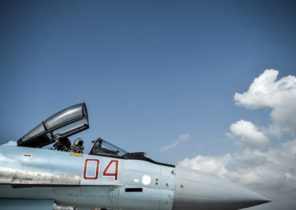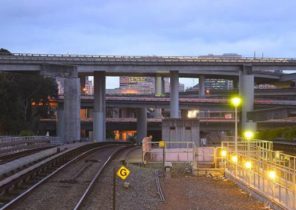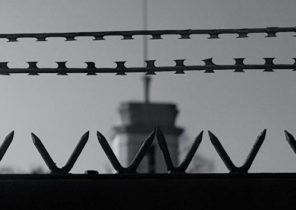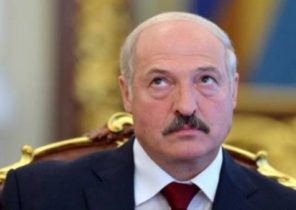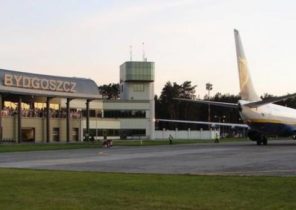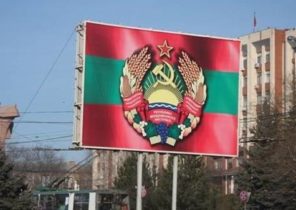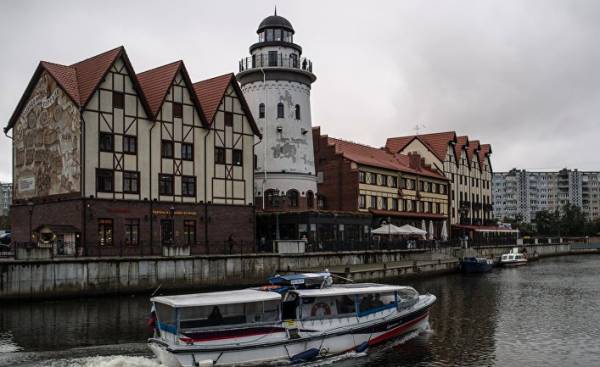
Annexed by the Soviet Union in 1945, the former capital of Prussia could use its geographical position to become a bridge between Western Europe and Russia, but today once again experiencing difficulties because of bad relations between East and West.
Now, when striving for self-isolation is becoming stronger, l’opinion offers to look at the city, which somehow serve as a bridge between the two countries.
Sandwiched between Poland and Lithuania Kaliningrad oblast could become a symbol of a new Europe, a bridge between the European Union and Russia, the westernmost of which it is. Instead, the former Koenigsberg, the birthplace of the philosopher Immanuel Kant, it still remains an “historical anomaly”, the “black hole of Europe”. The situation connected with his annexation in 1945, the Soviet Union, which wanted to his Outpost in the heart of Europe when the cold war was beginning to assert itself.
In this long period, Kaliningrad (it was renamed in honor of the former head of the Presidium of the Supreme Soviet) have the active support of Moscow. This Baltic military Bastion with a population of 500 thousand people firmly entrenched in the Soviet bloc, and one of the priorities of the authorities was to erase the traces of its German past. Intensive allied bombing during the Second world war has greatly simplified the task of Soviet architects. The old castle of the Prussian kings, which was frankly not liking the head of the Council of Ministers of the USSR Alexei Kosygin gave way to the grey office buildings, and the entire territory came under Soviet control. To avoid the sad fate was only the Cathedral, where the tomb of Kant.
Closed city
Kaliningrad has long been a closed city due to its strategic location, however, with the collapse of the USSR everything changed. The status of the territory of 200 square kilometers has been changed after Lithuania declared its independence in 1990. The situation is even more complicated after Poland stepped up a rapprochement with Western Europe, and Lithuania began to speak out against Russia’s influence.
The most Western Russian region dreamt to become a bridge between the West and the Russian world, at least, the fact that he was still. In those days, some imagined the city of the “Baltic Hong Kong”. In addition to the advantageous geographical location it could rely on a favourable environment as a result of political transformations in the region. Nevertheless, Kaliningrad, apparently, were a curse. Instead of looking to the future to become a dynamic region, the intellectual center, in the XVI century, he went to the bottom. One of the signs of the fall was horrifying statistics on crime and AIDS. In 1998, the region accounted for half of all registered in Russia cases.
The coming to power of Vladimir Putin in 2000, appeared to give a second chance to the former Prussian capital, which is celebrated 750 years since its Foundation in 2005. Could Kaliningrad to take advantage of the understanding that emerges in the relations of Western Europe and Russia? Received in 2006 the status of a special economic zone allowed to hope for the best, but relationships with the Europeans has quickly been cold, and Kalinigrad failed to benefit from its geographical position. Which could turn it into a center of Commerce between East and West.
Regarding investments, the neighbors received 40-250 times more moreover, Moscow was focused on Russian enterprises. The Ukrainian crisis finally returned to the city in the Soviet past of a besieged fortress surrounded by enemies. Is Lithuania is not the most aggressive and Russophobic NATO country, as stated in April 2016, the Minister of foreign Affairs of Russia Sergey Lavrov? Relations with Poland are hardly better. The placing of rocket complexes “Iskander” and the joint with Belarus teachings reflect the return of the cold war atmosphere.
Thus, the chances of Kaliningrad to get out of a situation is negligible, especially considering the loss of their status as a special economic zone in the spring of 2016. Investments decreased by 13%, while smuggling and corruption, the two chief troubles of the past, is on the rise again. Just a year ago, FSB Director Nikolai Patrushev admitted that a large part of the local economy is under the control of criminal groups. The situation is unlikely to improve on the background of the formed isolation region in the beginning of June in Lithuania, has started construction of a two-meter boom for the 130 kilometers of the border to prevent “provocations”, according to the head of the Lithuanian Ministry of interior Eimutis Misunas.
In the end, the former Koenigsberg enjoys the benefits of its role as a border city to the extent, which suggests its story. And from him there is little independent. Without the indigenous population, which for the most part, were deported by the Soviet authorities and replaced by new citizens of a vast Empire, the Kaliningrad failed to generate the spirit that would help trade and openness. And nothing indicates that he will succeed in the near future…

